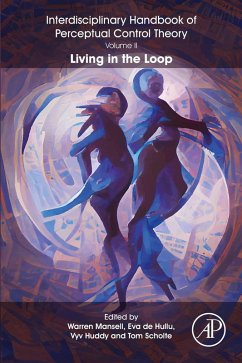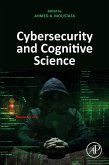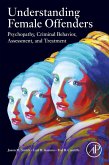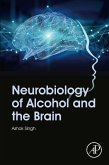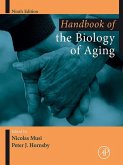- Examines the relationship between our perceptions, consciousness, and imagination
- Provides computational and mathematical models for physiological systems, such as human movement, human-machine interaction, and psychological processes such as recovery from mental health problems
- Presents health as control which leads to game-changing suggestions in designing interventions for health behavior, cancer support, care for dementia, and mental health services
- Helps readers comprehend goals of teachers and students in education from a PCT perspective to show how educative interactions could be less coercive and foster flourishing
- The value of PCT is demonstrated in understanding cultural memes and social challenges such as toxic masculinity
Dieser Download kann aus rechtlichen Gründen nur mit Rechnungsadresse in A, B, BG, CY, CZ, D, DK, EW, E, FIN, F, GR, HR, H, IRL, I, LT, L, LR, M, NL, PL, P, R, S, SLO, SK ausgeliefert werden.
Hinweis: Dieser Artikel kann nur an eine deutsche Lieferadresse ausgeliefert werden.

